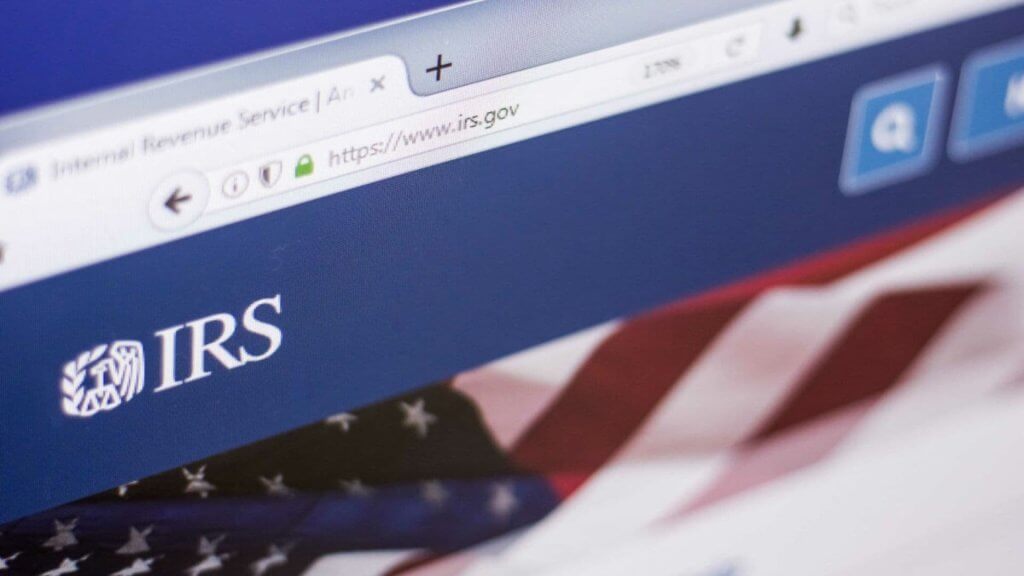
If you have a tax debt, the IRS has options to help. Those options include an offer in compromise, installment agreements, and more. You can use your online account to view your payment plan details, including scheduled and pending payments. You can also see your current balance and how much you owe in taxes. Your IRS account also saves your personal information and bank information so you can avoid having to repeat it each time you make a guest payment. If you are unable to pay what you owe, your online account can show you how to apply for a payment plan.
You can also use your account to sign in to other online IRS services, such as requesting tax transcripts. Using an account makes it easier to file your returns and get important documents faster. It’s an essential tool for small business owners. You can make a payment electronically from your bank account, debit or credit card, digital wallet, or through Direct Pay. Then, you’ll receive instant confirmation of your payment. It’s a safe, convenient way to pay your taxes.

Why Should I Use an IRS Account?
An online IRS account is a safe and convenient way for individuals to access specific details about their federal tax accounts. The account gives taxpayers quick and easy access to their balance, payments, and tax records. Taxpayers can also use their account to make electronic payments and authorize a tax professional to sign a Power of Attorney or Tax Information Authorization request.
The account can also be used to request transcripts, and summarized versions of past tax returns containing key information. Although taxpayers can request transcripts by mail, it’s much quicker to do so from the account. Individuals can also use their account to apply for long-term payment plans (Direct Pay) online, which is an option available to anyone who owes up to $50,000 in combined taxes, penalties, and interest.
While the IRS is often portrayed as an evil government agency in movies, working with the organization is a necessary part of being responsible for your finances. An online IRS account can help make the process more straightforward for individuals, especially when dealing with account discrepancies or other complex issues.

Drawbacks of an IRS Account
While having an IRS account can be beneficial for managing your tax-related information and accessing various IRS services online, there are a few potential drawbacks to consider: Like any online account, there is a risk of unauthorized access or potential data breaches. While the IRS takes measures to protect user information, there is always a small chance of security vulnerabilities. It’s important to use strong passwords, enable two-factor authentication if available, and regularly monitor your account for any suspicious activity.
Occasionally, the IRS website or online services may experience technical difficulties or system maintenance periods that can affect your ability to access your account or complete certain tasks. This can be frustrating, especially when you have time-sensitive tax matters to attend to. The IRS website and associated services can be overwhelming, especially for individuals unfamiliar with tax terminology or processes. Navigating the various sections and understanding the available features may require effort and patience.
While an IRS account provides access to certain services, it may not offer the full range of options available through other means. Some tasks may still require phone, mail, or in-person interaction with the IRS. The support options may be limited if you encounter any issues or need assistance with your IRS account. Getting timely help or clarification on specific matters can be challenging, especially during peak tax seasons.